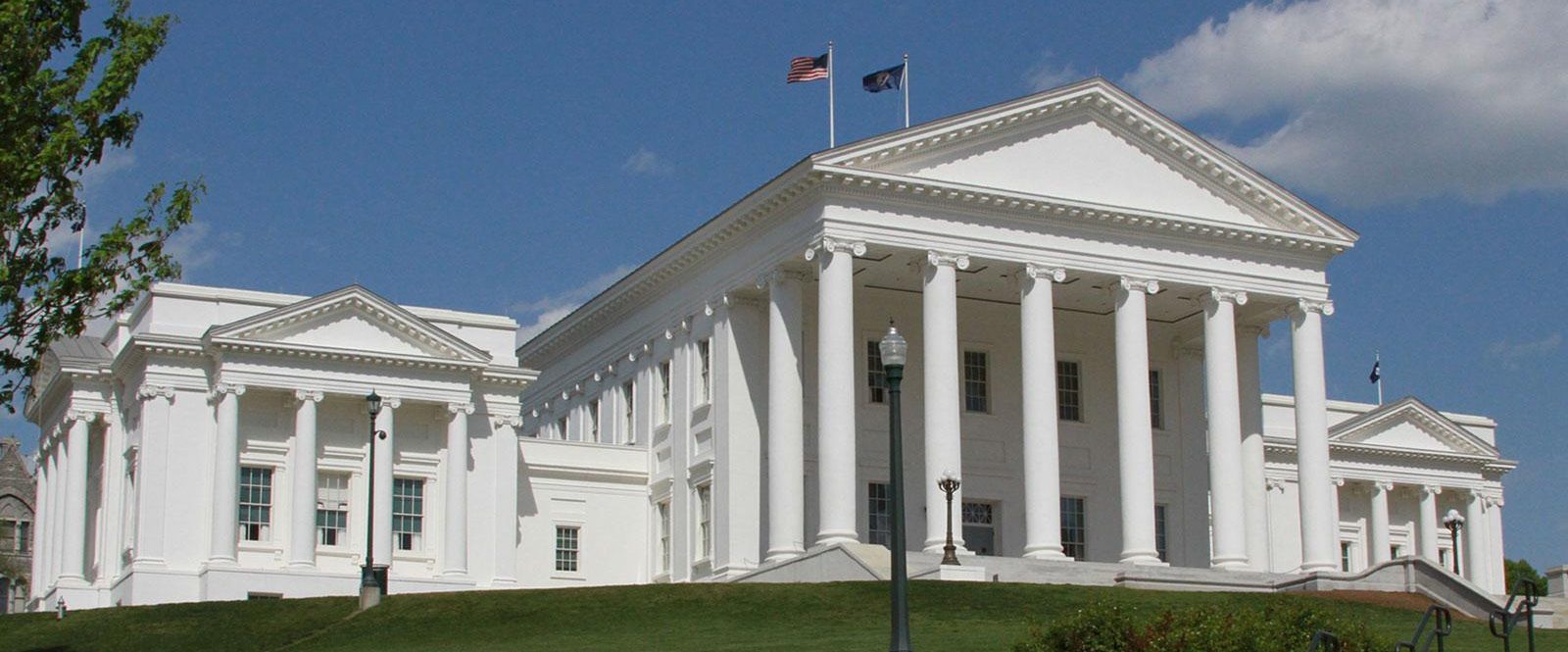When the state budget was passed earlier this month, it was based on a full-throttled economy. Now the state is forecasted to lose potentially $2 billion in the upcoming two-year budget because of the coronavirus pandemic. How will the Northam administration address the drastic change facing the approved $135 billion budget?
The governor’s introduced budget was built on the financial assumption that general fund revenue would grow. This reflected an expanding economy, and business leaders and economists endorsed this concept during the commonwealth’s consensus revenue forecasting process last fall.
Then COVID-19 inflicted a fiscal blow on the state’s economy. Preliminary projections show general fund revenues reducing by at least $2 billion over the upcoming two-year budget cycle.
The governor will work with the General Assembly to address this fluid situation that’s still worsening. Until we have a firm grasp on the emerging revenue picture, the priority will be on core services and any new spending state and federal law require.
How will the economic uncertainty of COVID-19 — and slower tax payments to the state — affect localities around the commonwealth?
It will affect every aspect of the commonwealth, including cities and counties. The state will see a reduction in tax payment revenues, and so will localities. In addition, the amount of funding flowing through formulas for local payments (i.e., K-12 education) might be impacted. We are working very closely with our localities to identify ways we can lessen the burden. This includes identifying and reducing unfunded mandates, for example.
The federal government has moved the tax filing deadline to July 15. What can Virginia do to ease that burden for state taxpayers?
Virginia operates under a fiscal year beginning July 1 and ending on June 30, while the federal fiscal year runs Oct. 1 to Sept. 30. This is an important difference. Extending the Virginia tax deadline to match the revised federal tax deadline of July 15 would result in $2.1 billion in tax revenues being recognized in the subsequent fiscal year. This would cause a significant shortfall in the current budget.
Read more here (may require a subscription to the Richmond Times Dispatch)
